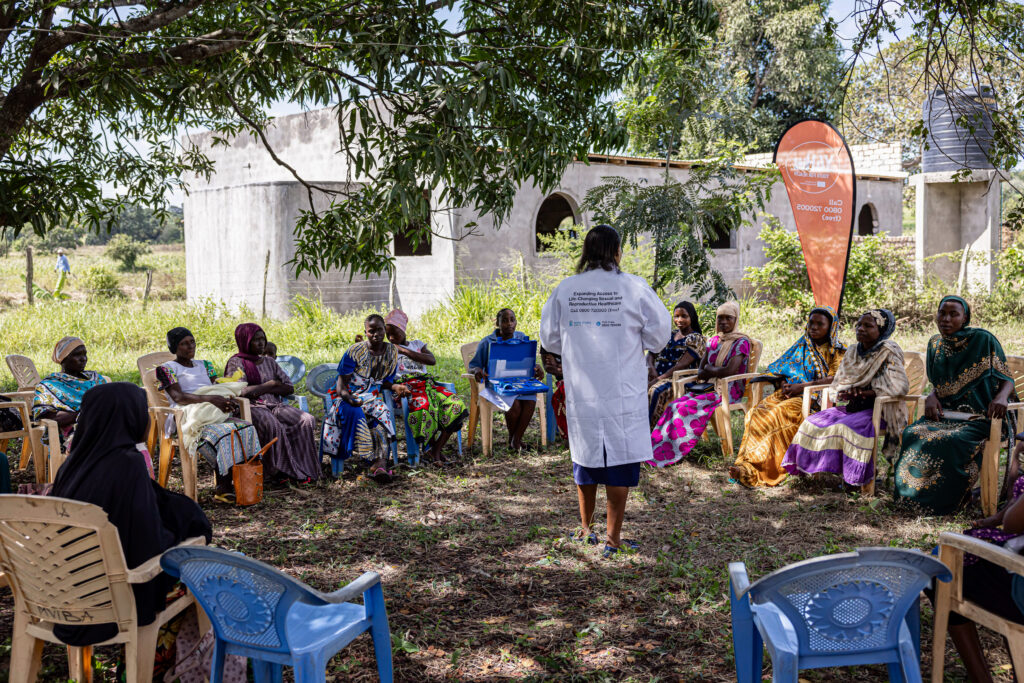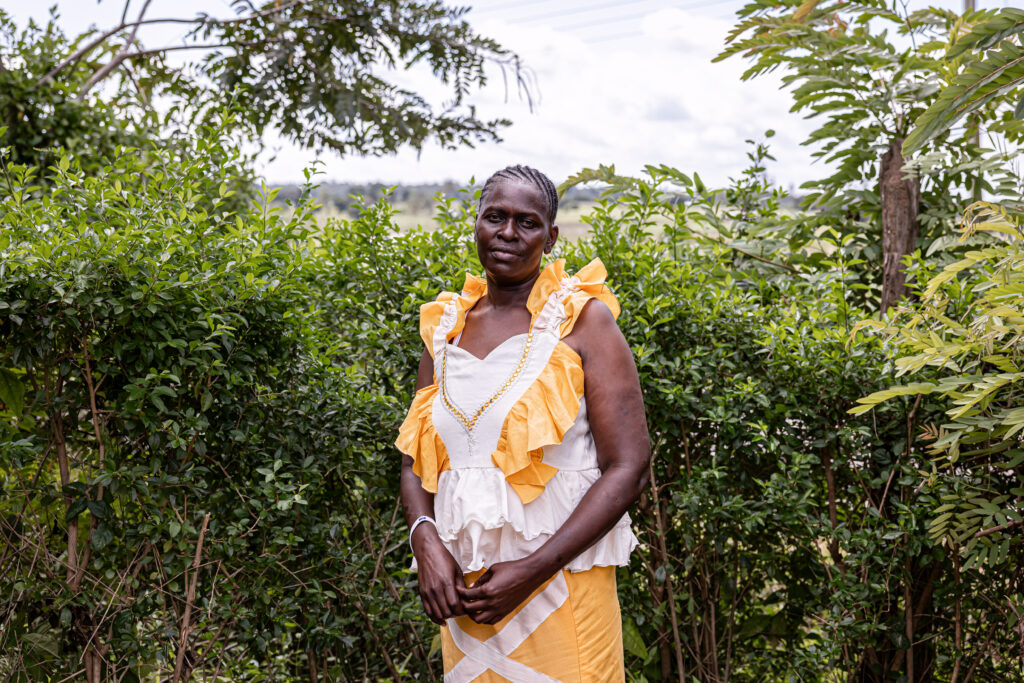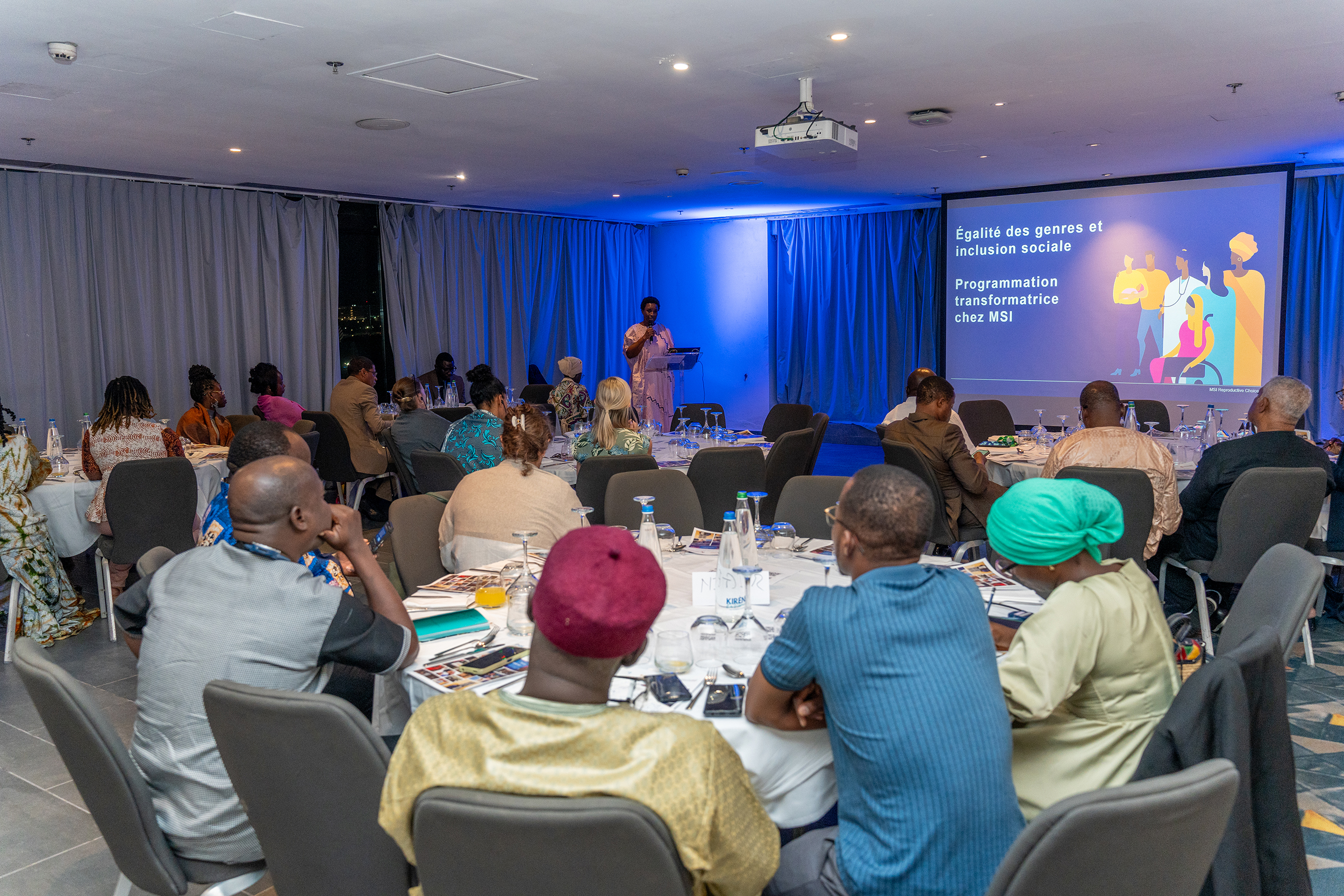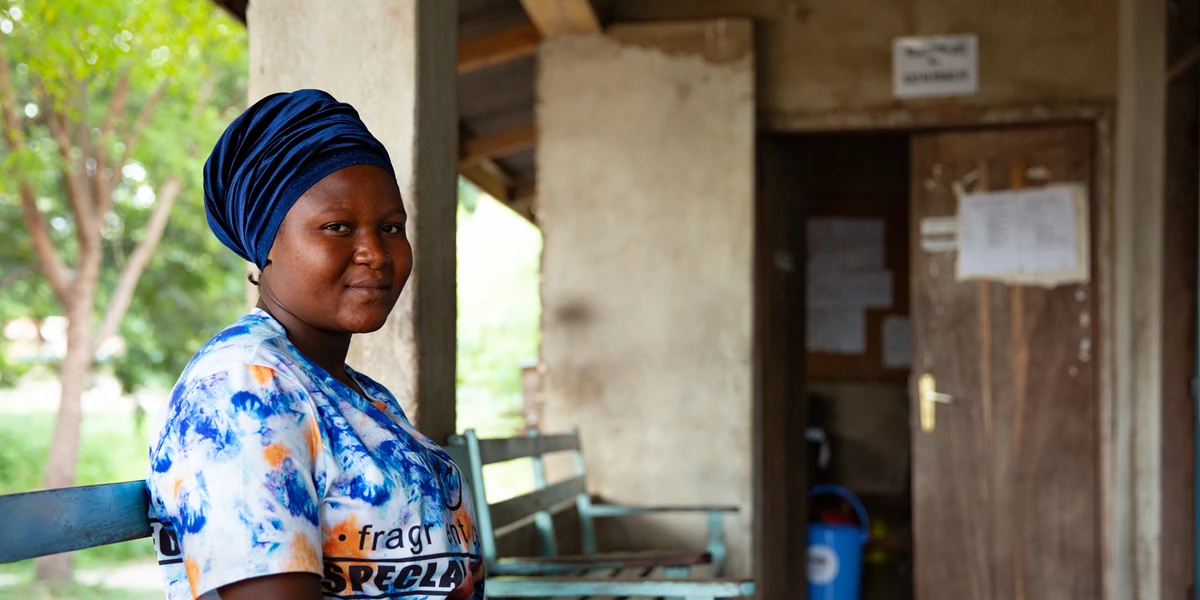
Through the Youth for Health project, MSI Kenya is challenging harmful social norms and supporting young people’s futures through community dialogue.
Kwale County has one of Kenya’s highest rates of unintended teen pregnancies at 15%. This is largely because myths and misconceptions about contraceptives discourage young women from using them—some think they lead to excessive bleeding, others believe they encourage promiscuity. Information gaps about contraceptive methods and their benefits, coupled with a lack of comprehensive sexuality education, mean young people are not getting the information they need.
Social and gender norms are at play here. Young people who want to access sexual and reproductive health services face judgemental attitudes and stigma. Meanwhile, harmful cultural practices such as female genital mutilation, early forced marriage and sexual violence are denying young women their rights while increasing their risk of sexually transmitted infections, including HIV.
To address these issues, we need to engage with communities directly. Through the Youth for Health project, MSI Kenya conducts community dialogues to raise awareness about sexual and reproductive health for adolescents and challenge harmful social norms. Hosted in collaboration with stakeholders, these dialogues target community leaders, gatekeepers, parents, and adolescents. By creating a supportive environment for open discussion, we can help people understand the importance of young people’s access to services and information.
Given that men are often primary decision makers in many of these communities, MSI Kenya makes sure to engage boys and men in these forums—helping to break down stigma, address concerns, and encourage support for reproductive choice.
Community leader Mwachiti Nyawa told us these forums are changing harmful traditions. He said they’ve led to a shift in attitudes towards early marriage and pregnancy:
“Previously, a 16-year-old girl getting pregnant would be married off, but now, with increased awareness, she can continue her education after giving birth.”

John Mbau, another resident, expressed how the education he received transformed his views on family planning:
“In our tribe, family planning was not accepted. But after learning about it, I now understand its importance. I see the benefits of having fewer children to care for. It has reduced stress and improved our quality of life.”

Caroline, a mother, also shared her experience:
“My daughter got pregnant in high school. Without family planning knowledge, it was challenging. Now, I ensure my children are informed and I also encourage them to attend these forums to gain the much-needed information during school breaks. They are invaluable for our community.”
Through these community dialogues, MSI Kenya is bridging information gaps, challenging harmful norms, and empowering communities to support adolescents’ health and futures.







